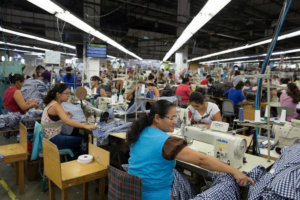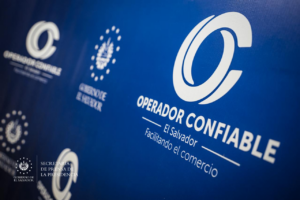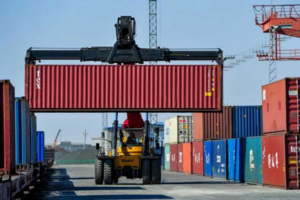
The global coffee market is facing a historic price hike, turning the second most consumed beverage in the world into a product on the way to being considered a luxury. El Salvador, as a producer, is capitalizing on this trend, reflecting the increase in its export revenues.
The perfect storm behind the global price
The rise in global coffee prices is due to a combination of factors that are dramatically affecting supply and costs:
• Climate crisis for producers: Droughts and torrential rains in key countries like Brazil have caused poor harvests. Brazil, the main exporter, lost nearly a fifth of its harvest to frost and fires, significantly reducing global supply.
• Operating costs: Rising transportation costs and persistent disruptions in supply chains directly influence the final price paid by roasters and distributors.
• Growing demand: Despite supply challenges, demand continues to grow in key markets, especially in Asia and other regions, putting further pressure on prices.

El Salvador’s figures confirm that the global price increase is boosting the value of its exports. The DGA/BCRInternational Merchandise Trade comparison for the cumulative period from january to august underscores this reality: In 2025, the country exported US$149.6 million worth of coffee, a figure that represents a 34.1% increase in value (US$) compared to the US$111.5 million exported in the same period in 2024. This US$38.1 million increase in revenue is due almost exclusively to the rise in the price, as the value of exports soared 34.1%, while the volume (kilograms) grew barely 1.0%.

This differential demonstrates that El Salvador is selling its coffee at significantly higher prices, a relief for the country’s foreign exchange earnings. Faced with a global rise in the price of a morning cup of coffee, producers are urged to seek long-term solutions, such as agroforestry and crop relocation, to make production more climate-resilient and ensure the sector’s economic stability.
You may be interested in:







